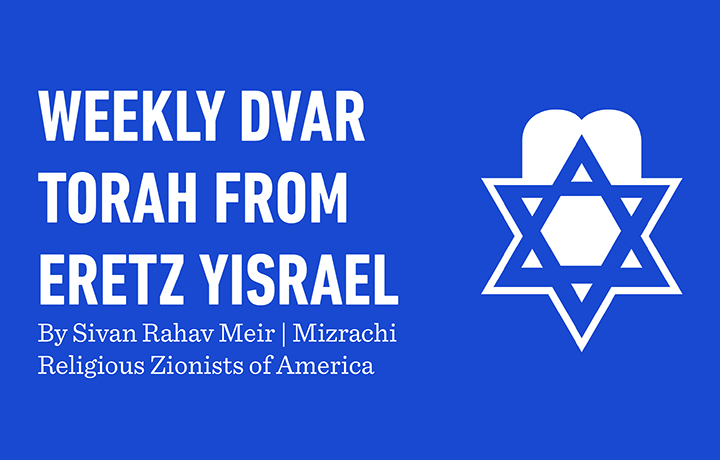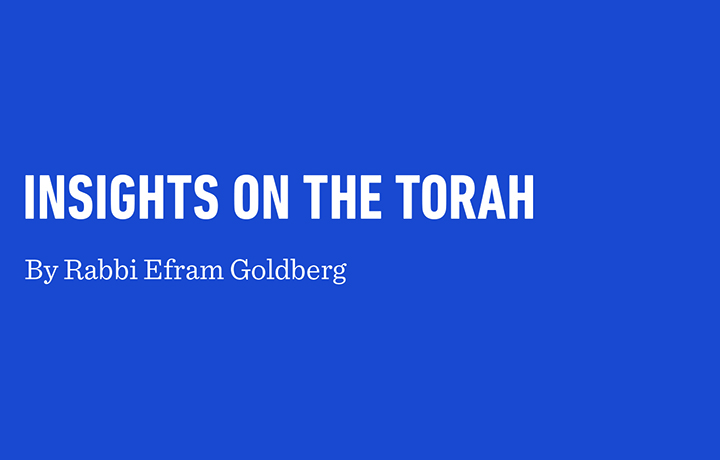Marking the Launch of the Rabbi Norman Lamm Digital Archive
By Rabbi Dr. Tzvi Sinensky
It has been nearly two years since Simchat Torah fell on October 7. The massacre of over 1,200 Israelis was horrific enough. But what followed felt like a second rupture: university presidents who struggled to condemn terror without legal caveats; human rights organizations that rushed to hedge their outrage; protestors in major cities chanting for intifada while tearing down posters of kidnapped children. We are not only mourning. We are reckoning with the possibility that many of our alliances may have been less reliable than we dared imagine.
How do we move forward when we’re still reeling? When our faith has been shaken?
This is why the launch of the Rabbi Norman Lamm Digital Archive (YU.edu/drlamm) feels not only welcome but necessary right now. The archive includes over 5,500 sermons, essays, and letters from Rabbi Lamm’s seven decades of leadership. But more than a historical repository, it offers a language and framework for moments like this—when clarity is elusive, and when betrayal threatens to harden into cynicism, paralysis, retreat.
One sermon in particular, “Hello, Cruel World,” delivered two weeks after the outbreak of the Yom Kippur War in 1973, speaks with startling immediacy to our moment. Rabbi Lamm begins with the story of Noach. The flood has subsided, the ark has landed, but when G-d commands Noach to leave, he hesitates. Rabbi Lamm imagines why. Perhaps it’s not fear, he suggests. Perhaps it’s something deeper: revulsion, disillusionment. Noach surveys the wreckage of humanity and wonders whether he wants any part of rejoining such a world.
Rabbi Lamm does not dismiss the instinct. “Who is not disappointed in Homo sapiens?” he asks. “What Jew would want to embrace this treacherous, hypocritical world?” He proceeds to deliver an inventory of global failure: France’s duplicity, Britain’s equivocation, the United Nations’ moral posturing. Reading it today, it is impossible not to hear echoes of our own post–October 7 experience.
Yet Rabbi Lamm does not stop there. He refuses the seduction of rage or withdrawal. Instead, he turns the reader back to responsibility. “G-d prods us,” he writes, “to reenter the stream of events… to say ‘hello’ to the cruel world, and go about our business wiser if sadder.”
That phrase—wiser if sadder—captures the heart of Rabbi Lamm’s Zionism. It is not utopian, nor is it despairing. It is realist in the best sense: clear-eyed about human failure, yet steadfast in its commitment to moral purpose and collective responsibility.
This vision recurs throughout his talks from that turbulent era. In “Peace in Pieces,” Rabbi Lamm draws on a striking halakhic analogy from Rav Kook, who compares peace to the sukkah: even if only partially built, it still counts. The same is true, Rabbi Lamm argues, for peace itself. Even broken truces and imperfect understandings are worth preserving. We dare not allow the perfect to become the enemy of the good.
In a later sermon, “Abi Gezunt,” Rabbi Lamm critiques the tendency to reduce Jewish life to mere survival. “We were not created,” he insists, “to be a small embattled nation fighting for its very existence every few years. We were meant for greater things.” Security, he acknowledges, matters—but only as the groundwork for something far more ambitious: a life rooted in Torah, mission, and moral purpose. That, after all, is the reason Noach is saved—not just to endure, but to begin again.
As Rosh Hashanah approaches, the liturgy offers a striking link to Noach’s emergence. In the Zichronotsection of the Mussaf prayer, we invoke the verse “Vayizkor Elokim et Noach”—“And G-d remembered Noach.” Rabbi Lamm reminds us that divine remembrance is not passive. It is generative. G-d remembers Noach not to preserve him in isolation, but to summon him back into history.
We are meant to hear that call ourselves. The world may still be cruel. The floodwaters may not have receded. But the covenant persists. And we are summoned because Jewish history is written by those who engage with the world.
That is what the shofar announces. That is what Rabbi Lamm echoes. That even now—especially now—we must say: Hello, cruel world. We are still here. And we are not turning away. n
Rabbi Dr. Norman Lamm (1927–2020) served as president and chancellor of Yeshiva University and was one of the most influential Modern Orthodox thinkers of the twentieth century.
Rabbi Dr. Tzvi Sinensky is Director of the Lamm Legacy. Explore the archive at LammLegacy.org.













